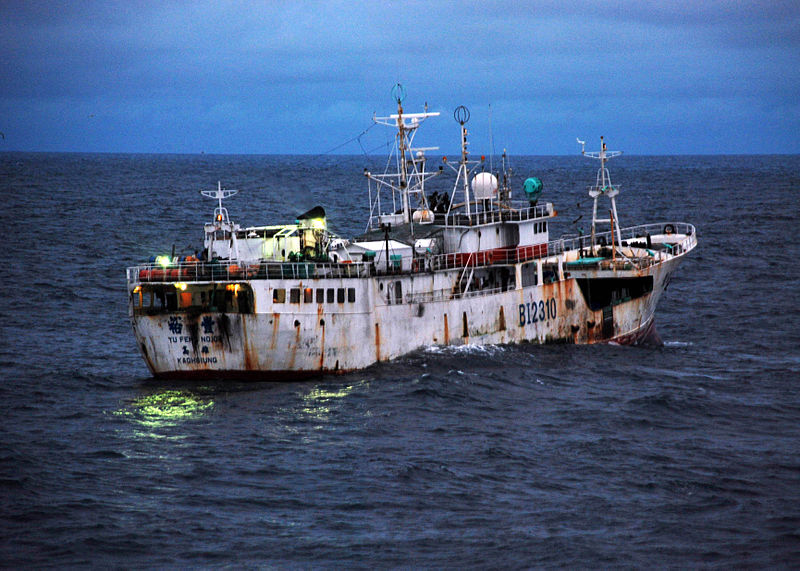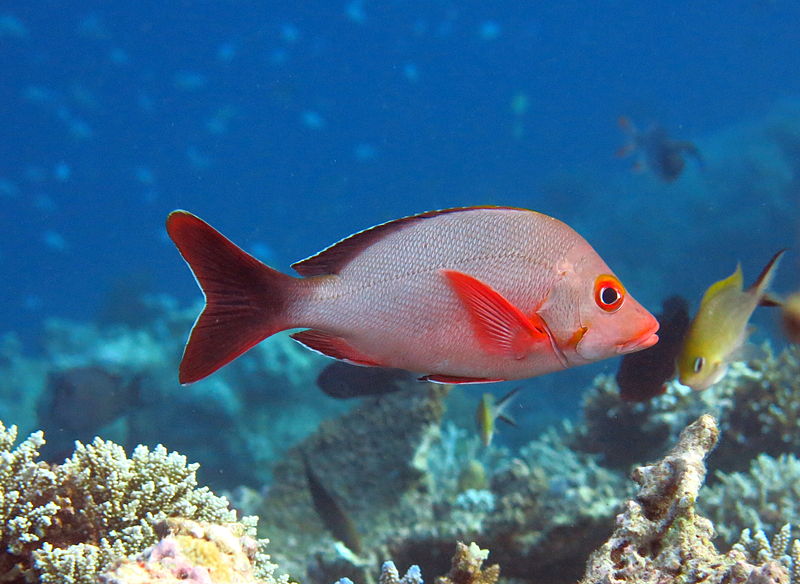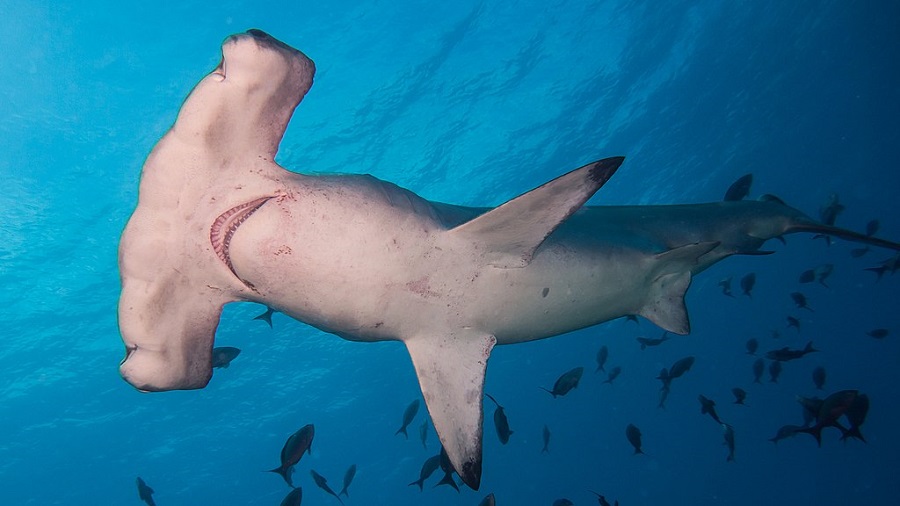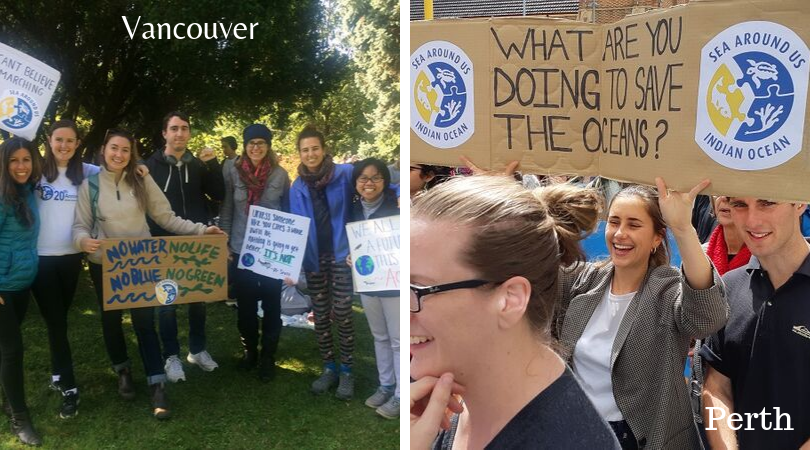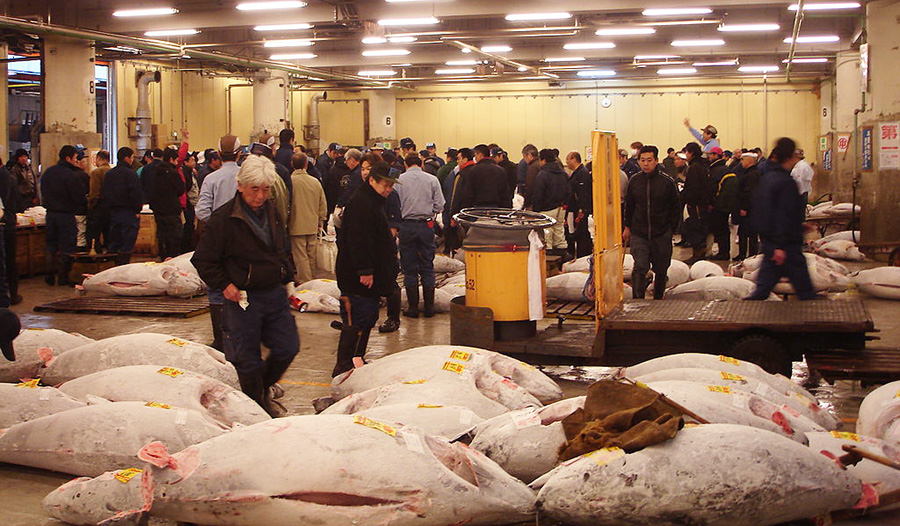More than eight million to 14 million tonnes of unreported fish catches are traded illicitly every year, costing the legitimate market between $9 billion and $17 billion in trade each year, according to new research.
In a paper published in Science Advances, researchers from the Fisheries Economics Research Unit and the Sea Around Us initiative, both based at UBC’s Institute for the Oceans and Fisheries, as well as the Sea Around Us – Indian Ocean at the University of Western Australia, looked at catch losses for 143 countries and found that significant amounts of seafood are being illicitly taken out of the food supply system of many countries, impacting the nutritional food security and livelihoods of millions.


